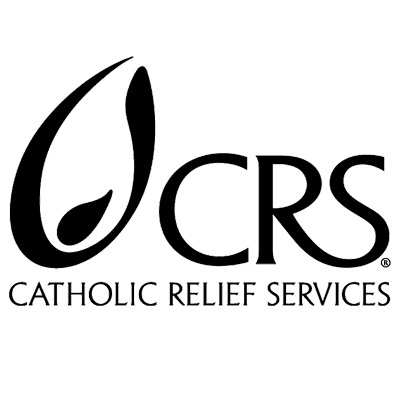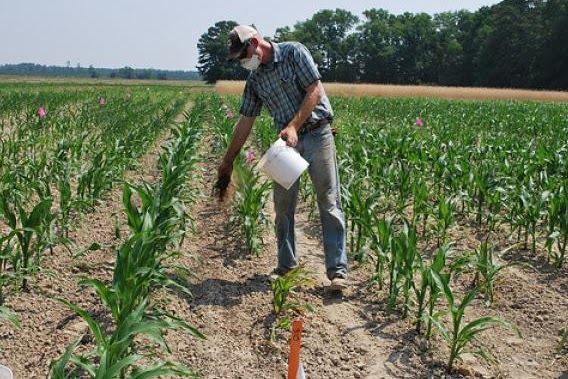
Is a humanitarian-development-peacebuilding nexus approach more sustainable, impactful and cost-effective to address climate-induced food insecurity?
Topic(s): Governance, Sustainability
Location(s);
Partnership(s): Catholic Relief Services

Student Team
Beverly Ndifoin
Sustainable Development, 2025
Cameroon

Emmanuel Gyasi
Governance and Policy, 2025
Ghana

Tanner DeBoer
Governance and Policy, 2025
United States

Ximena Hernández
Sustainable Development, 2025
Guatemala

Project Overview
Catholic Relief Services (CRS) focuses on the intersection of food security and climate change. The organization aims to integrate humanitarian, development, and peacebuilding efforts to meet immediate needs, tackle root causes, and build resilience. This project addresses the pressing issue of acute food insecurity, which affects over 250 million people and is driven by climate change, conflict, and rising costs. The research conducted by CRS explores whether the Humanitarian-Development-Peacebuilding Nexus approach is more sustainable, impactful, and cost-effective in addressing climate-induced food insecurity. The project’s success will entail contributing to evidence-based global hunger policies, providing insights on the effectiveness of HDP programs, and sharing practical models for CRS country programs. i-Lab students will work with literature reviews, field research, and interviews with CRS program staff to achieve these goals.
Faculty Team
Tracy Kijewski-Correa
William J. Pulte Director, Pulte Institute for Global Development; Professor of Engineering and Global Affairs; Academic Director, Integration Lab